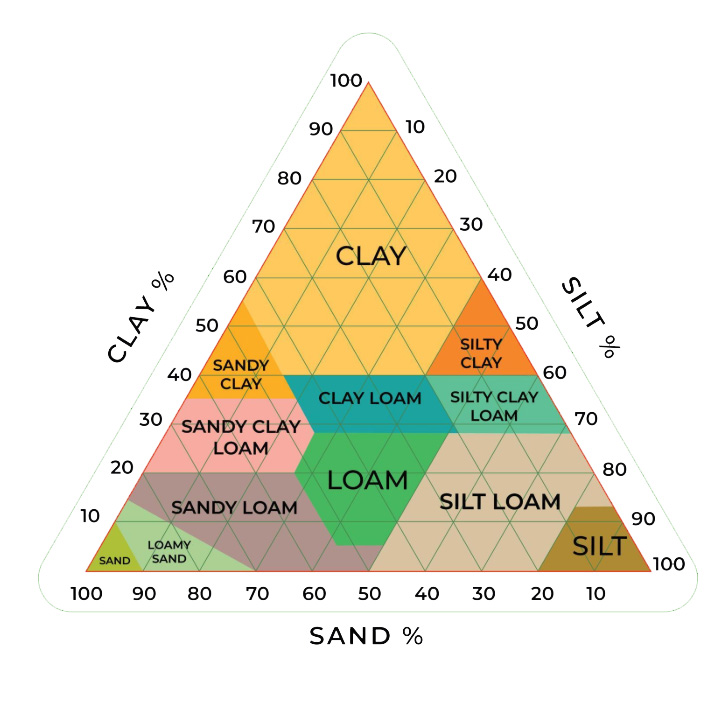Research and Development
Research and development in producing customized and tailored fertilizers focus on addressing the unique nutrient demands of different soil types, crops, and environmental conditions. By analyzing soil profiles, such as the one illustrated in the soil texture triangle, scientists can determine precise proportions of sand, silt, and clay, which affect nutrient retention and plant growth. Advanced techniques like soil testing, geospatial mapping, and machine learning are used to assess nutrient deficiencies and optimize fertilizer formulations.

Tailored fertilizers play a vital role in revolutionizing modern agriculture by ensuring efficient nutrient delivery that meets the unique needs of each crop and soil type. By precisely targeting nutrient deficiencies, these fertilizers significantly improve crop yields, enhance product quality, and contribute to the long-term health of agricultural ecosystems. Beyond boosting productivity, tailored fertilizers prioritize sustainability by minimizing environmental impact. They reduce nutrient runoff, which helps to protect water resources, lower greenhouse gas emissions, and maintain the delicate balance of soil ecosystems.
